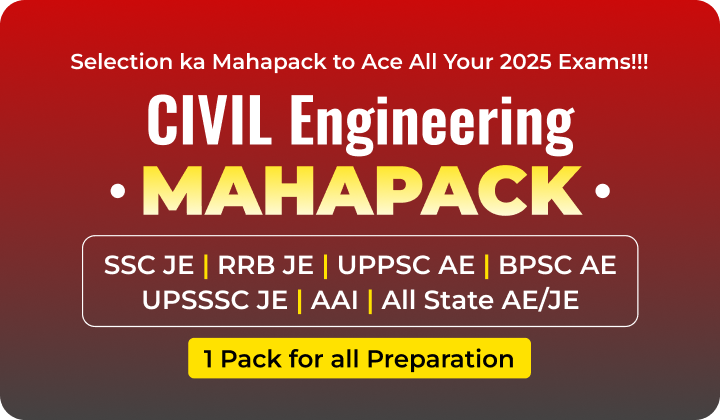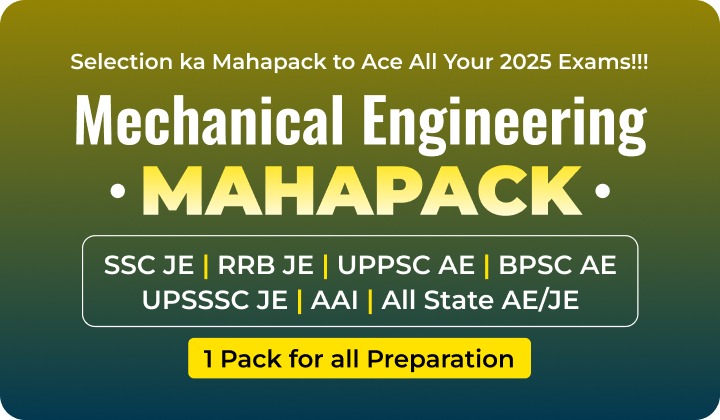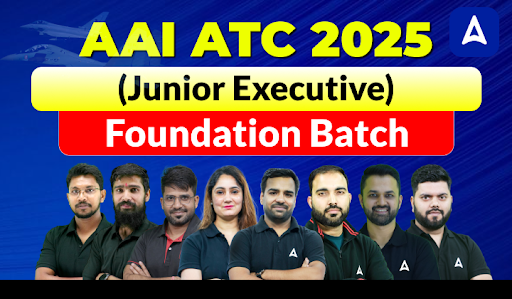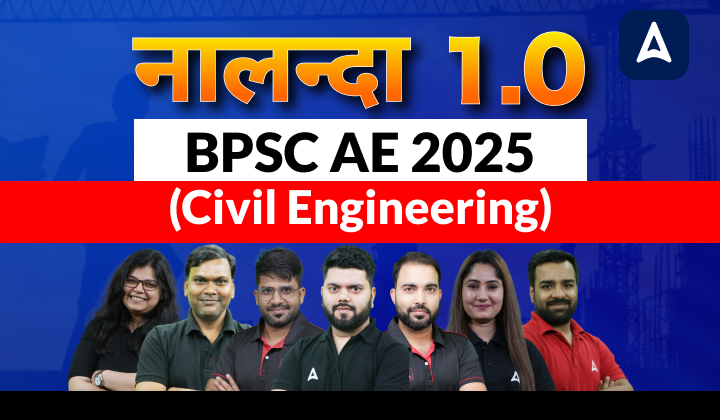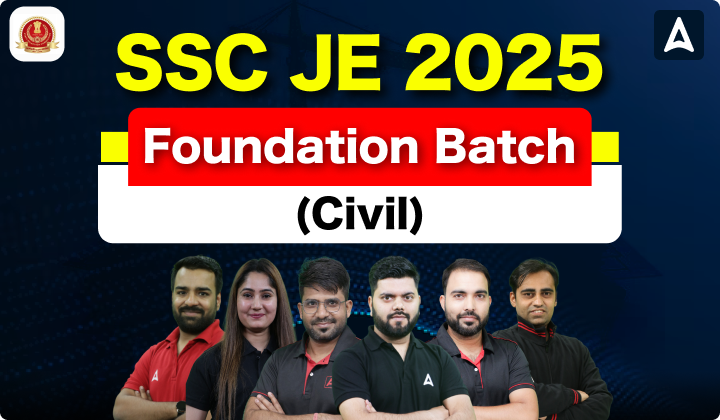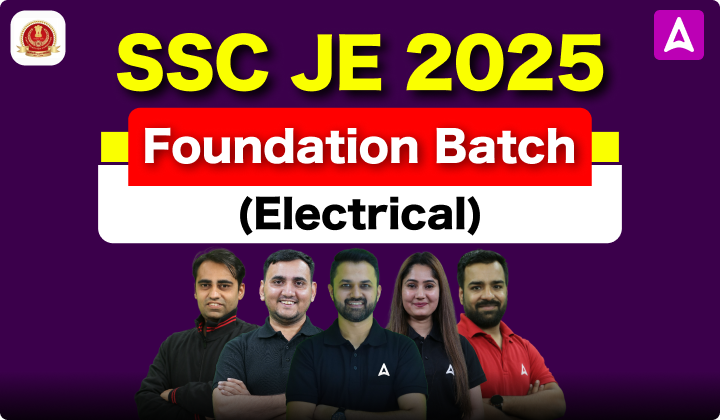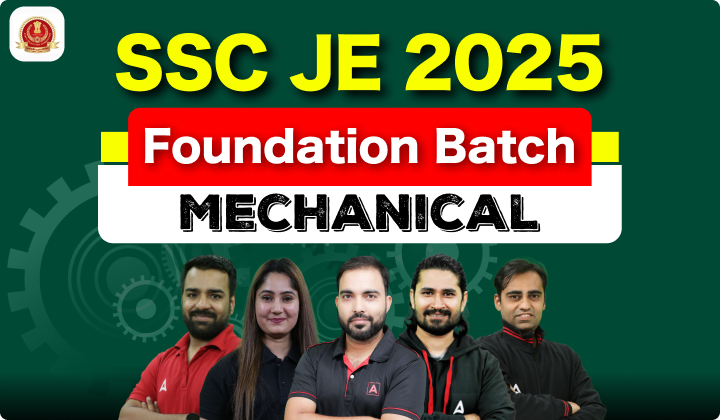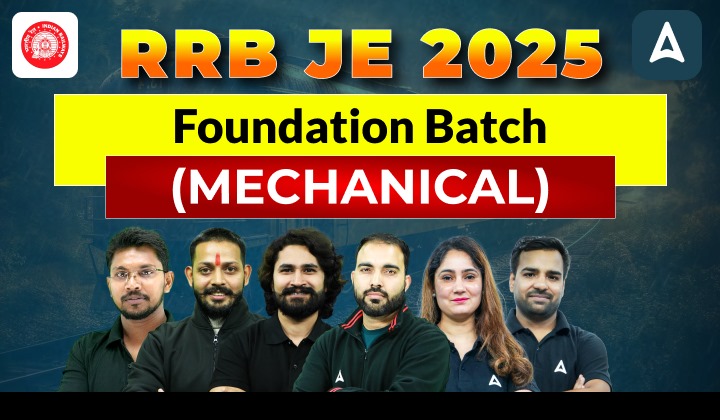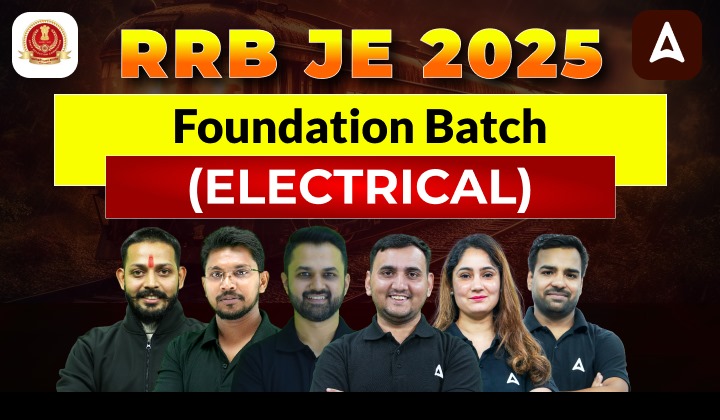Table of Contents
Indian Institute of Technology Roorkee has published the GATE Mechanical Engineering Syllabus 2025 on the official IIT Roorkee website at gate.iitr.ac.in. IITR will organize the GATE 2025 Exam on 1st, 2nd, 15th and 16th February 2025 to offer admissions into M.E./M. Tech/Ph.D. at the IITs, NITs, IIITs, and CFTIs. GATE Score is also accepted for getting a reputed job as an Engineer in various Public Sector Undertakings. On this page, candidates can find the GATE 2025 Syllabus for Mechanical Engineering to help them prepare well for the exam and score high. The GATE Mechanical Engineering Syllabus 2025 is divided into four main sections Applied Mechanics & Design, Engineering Mathematics, Fluid Mechanics & Thermal Sciences, and Materials, Manufacturing & Industrial Engineering. Each section will have questions in the GATE 2025 exam. This article discusses the Mechanical Engineering GATE 2025 Exam syllabus to help aspirants with their preparation.
GATE Mechanical Syllabus 2025
Candidates planning to appear for the GATE 2025 in the Mechanical Engineering stream should be completely familiar with the GATE Mechanical Syllabus 2025. Understanding the GATE Mechanical Syllabus is the first step towards targeting the GATE Exam. Candidates should read this complete article to gain full insights into GATE Mechanical Syllabus 2025. To perform well in the GATE 2025 Exam, it’s crucial to cover all the aspects of the GATE Mechanical Syllabus 2025.
GATE Mechanical Engineering Syllabus 2025-Overview
The aspirants from the Mechanical Engineering discipline going to appear in the GATE 2025 Exam must refer to the below section to get a detailed overview of the GATE Mechanical Engineering syllabus 2025.
| GATE Mechanical Engineering Syllabus 2025 | |
| GATE Full Form | Graduate Aptitude Test for Engineering (GATE) |
| GATE 2025 Conducting Authority | IIT Roorkee |
| GATE 2025 Number of Papers | 30 |
| GATE 2025 Mode of Exam | Computer Based Test (CBT) |
| GATE 2025 Mechanical Exam | 2nd February 2025 |
| Number of Questions Asked | 65 |
| GATE 2025 Marks Distribution | 15 Marks (General Aptitude) + 85 Marks (Subject Questions)= 100 Marks (Total) |
| GATE Exam Language | English |
| GATE 2025Marking Scheme | One Marks and Two Marks |
| Negative Marking | Yes |
| GATE Official Website | @gate.iisc.ac.in |
GATE Exam 2025
The Graduate Aptitude Test in Engineering is one of the most reputed examinations in India to get admission in the Post Graduate Program in the premier institutions of the country and to get a PSU Job. GATE Exam opens so many opportunities for candidates to grow their careers in their respective technical fields. GATE Exam 2025 is a computer-based standardized test conducted at the national level in India to examine the understanding of students in subjects like Engineering and Science.
The GATE 2025 Exam will be conducted by IIT Roorkee for various 30 disciplines. The GATE Exam is considered a gateway to establishing a successful career in the Engineering domain. The candidates who are preparing for the GATE 2025 Examination are advised to stay updated with the ADDA247 to get the latest updates regarding the exam.
GATE Mechanical Engineering Syllabus 2025
To score good marks in the GATE Exam 2025 in Mechanical Engineering Paper, the candidates must know the in-depth GATE Mechanical Syllabus 2025 to ace the exam. The GATE Mechanical Syllabus 2025 will help to plan and strategize the preparation well to score the highest marks in the upcoming GATE Exam.
Through the GATE Syllabus of Mechanical Engineering, candidates can grasp and revise the concepts very well to ace their preparation. In this article, we have covered everything regarding the GATE Mechanical Engineering Syllabus 2025. The candidates must read the full article to know the complete GATE 2025 Mechanical Syllabus briefly.
GATE Mechanical Exam Pattern 2025
The GATE 2025 Mechanical Engineering Paper will ask questions to check your Application, Analysis, Comprehension, Recall, and Synthesis abilities. The GATE 2025 Question Paper will comprise the questions Either MCQ, MSQ & NAT (Numerical Answer Type).
The candidates must check the GATE 2024 Exam Pattern for Mechanical Engineering through the table given below to get a clear idea about the GATE 2025Paper Scheme for the Mechanical Engineering branch.
| GATE Mechanical Exam Pattern 2025 | |
| GATE Exam 2024 Mode | Computer-Based Test (Online) |
| Exam Duration | 3 Hours |
| No. of Subjects | 30 Subjects |
| Total Marks | 100 Marks |
| Number of Questions | 10 (GA) + 55 (subject) = 65 Questions |
| Type of Questions | Multiple Choice Questions (MCQs), Multiple Select Questions (MSQs), and Numerical Answer Type Questions (NATs) |
GATE Mechanical Engineering Syllabus PDF
The candidates can download the GATE Mechanical Engineering Syllabus PDF through the direct link given below. The candidates must refer to the syllabus to enhance their preparation for the GATE 2025 Test. A proper understanding of Mechanical Syllabus 2025 will help the candidates to get good marks and success as they can plan and strategize beforehand as per the GATE Mechanical Engineering Syllabus 2025.
GATE Mechanical Engineering Syllabus 2025- Click Here
GATE Mechanical Syllabus In Detail
The topic-wise detailed GATE Mechanical Engineering Syllabus is given here to help the students aiming to crack it with a good score. You must go through the GATE 2025 Mechanical Engineering Syllabus prescribed below:
Section 1- Engineering Mathematics
Linear Algebra
- Matrix algebra
- systems of linear equations
- eigenvalues and eigenvectors
Calculus
- Functions of a single variable
- limit
- continuity and differentiability
- mean value theorems
- indeterminate forms
- evaluation of definite and improper integrals
- double and triple integrals
- partial derivatives
- total derivative
- Taylor series (in one and two variables)
- maxima and minima
- Fourier series
- gradient
- divergence and curl
- vector identities
- directional derivatives
- line, surface and
- volume integrals
- applications of Gauss
- Stokes and Green’s theorems
Differential Equations
- First-order equations (linear and nonlinear)
- higher-order linear differential equations with constant coefficients
- Euler-Cauchy equation
- initial and boundary value problems
- Laplace transforms
- solutions of heat, wave, and Laplace’s equations
Complex Variables
- Analytic functions
- Cauchy-Riemann equations
- Cauchy’s integral theorem and
- integral formula
- Taylor and Laurent series
Probability and Statistics
- Definitions of probability
- sampling theorems
- conditional probability
- mean, median, mode, and standard deviation
- random variables
- binomial
- Poisson and normal distributions
Numerical Methods
- Numerical solutions of linear and non-linear algebraic equations
- integration by trapezoidal and Simpson’s rules
- single and multi-step methods for differential equations
Section 2- Applied Mechanics and Design
Engineering Mechanics
- Free-body diagrams and equilibrium
- friction and its applications including rolling friction
- belt-pulley
- brakes
- clutches
- screw jack
- wedge, vehicles, etc
- trusses and frames
- virtual work
- kinematics and dynamics of rigid bodies in plane motion
- impulse and momentum (linear and angular) and energy formulations
- Lagrange’s equation
Mechanics of Materials
- Stress and strain
- elastic constants
- Poisson’s ratio
- Mohr’s circle for plane
- stress and plane strain
- thin cylinders
- shear force and bending moment diagrams
- bending and shear stresses
- concept of shear center
- deflection of beams
- torsion of circular shafts
- Euler’s theory of columns
- energy methods
- thermal stresses
- strain gauges and rosettes
- testing of materials with the universal testing machine (UTM)
- testing of hardness and impact strength
Theory of Machines
- Displacement
- velocity and acceleration analysis of plane mechanisms
- dynamic analysis of linkages
- cams
- gears and gear trains
- flywheels and governors
- balancing of reciprocating and rotating masses
- gyroscope
Vibrations
- Free and forced vibration of single-degree-of-freedom systems
- effect of damping
- vibration isolation
- resonance
- critical speeds of shafts
Machine Design
- Design for static and dynamic loading
- failure theories
- fatigue strength and
- the SN diagram
- principles of the design of machine elements such as bolted
- riveted and welded joints
- shafts
- gears
- rolling and sliding contact bearings
- brakes and clutches
- springs
Section 3: Fluid Mechanics and Thermal Sciences
Fluid Mechanics
- Fluid properties
- fluid statics
- forces on submerged bodies
- stability of floating bodies
- control-volume analysis of mass
- momentum and energy
- fluid acceleration
- differential equations of continuity and momentum
- Bernoulli’s equation
- dimensional analysis
- viscous flow of incompressible fluids
- boundary layer
- elementary turbulent flow
- flow through pipes
- head losses in pipes
- bends and fittings
- basics of compressible fluid flow
Heat-Transfer
- Modes of heat transfer
- one-dimensional heat conduction
- resistance concept and electrical analogy
- heat transfer through fins
- unsteady heat conduction
- lumped parameter system
- Heisler’s charts
- thermal boundary layer
- dimensionless parameters in free and
- forced convective heat transfer
- heat transfer correlations for flow over flat plates and through pipes
- effect of turbulence
- heat exchanger performance
- LMTD and NTU methods
- radiative heat transfer
- Stefan-Boltzmann law
- Wien’s displacement law
- black and grey surfaces
- view factors
- radiation network analysis
Thermodynamics
- Thermodynamic systems and processes
- properties of pure substances
- the behavior of ideal and real gases
- zeroth and first laws of thermodynamics
- calculation of work and heat in various processes
- second law of thermodynamics
- thermodynamic property charts and tables
- availability and irreversibility
- thermodynamic relations
Applications:
- Power Engineering: Air and gas compressors
- Vapor and gas power cycles
- concepts of regeneration and reheat
- I.C. Engines: Air-standard Otto
- Diesel and dual cycles
- Refrigeration and air-conditioning
- Vapor and gas refrigeration and heat pump cycles
- properties of moist air
- psychrometric chart
- basic psychrometric processes
- Turbomachinery: Impulse and reaction
- principles
- velocity diagrams
- Pelton-wheel
- Francis and Kaplan turbines
- steam and gas turbines
Section 4- Materials, Manufacturing and Industrial Engineering
Engineering Materials
- Structure and properties of engineering materials
- phase diagrams
- heat treatment
- stress-strain diagrams for engineering materials
- Casting
- Forming and Joining Processes
- Different types of castings
- design of patterns
- Molds and cores
- solidification and cooling
- riser and gating design
- Plastic deformation and yield criteria
- fundamentals of hot and cold working processes
- load estimation for bulk (forging, rolling, extrusion,
drawing) and - sheet (shearing, deep drawing, bending) metal forming processes
- principles of powder metallurgy
- Principles of welding
- brazing
- soldering and
- adhesive bonding
Machining and Machine Tool Operations
- Mechanics of machining
- basic machine tools
- single and multi-point cutting tools
- tool geometry and materials
- tool life and wear
- economics of machining
- principles of non-traditional machining processes
- principles of work holding
- jigs and fixtures
- abrasive machining processes
- NC/CNC machines and
- CNC programming
Metrology and Inspection
- Limits
- fits and tolerances
- linear and angular measurements
- comparators
- interferometry
- form and finish measurement
- alignment and testing methods
- tolerance analysis in manufacturing and assembly
- concepts of coordinate-measuring machine (CMM)
Computer Integrated Manufacturing
- Basic concepts of CAD/CAM and their integration tools
- additive manufacturing
Production Planning and Control
- Forecasting models
- aggregate production planning
- scheduling
- materials requirement planning
- lean manufacturing
Inventory Control
- Deterministic models
- safety stock inventory control systems
Operations Research
- Linear programming
- simplex method
- transportation
- assignment
- network
- flow models
- simple queuing models
- PERT and CPM

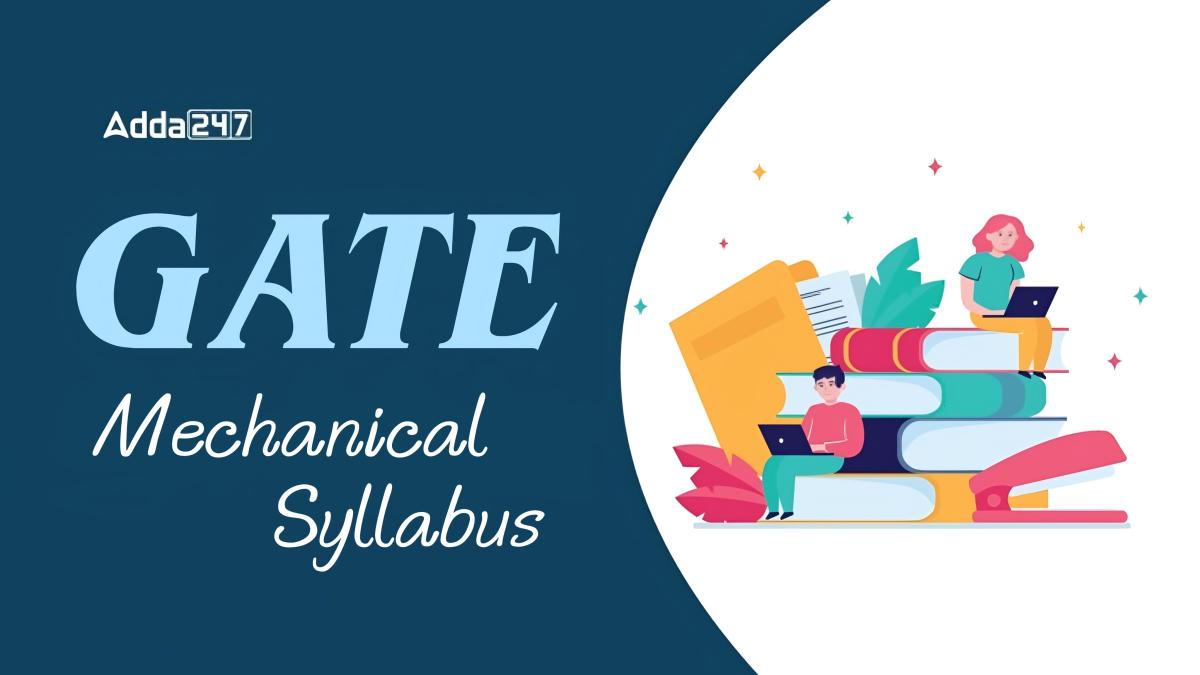
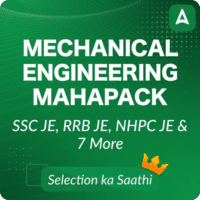

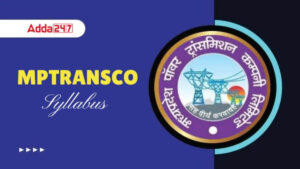 MPPTCL Syllabus 2025 & Exam Pattern,...
MPPTCL Syllabus 2025 & Exam Pattern,...
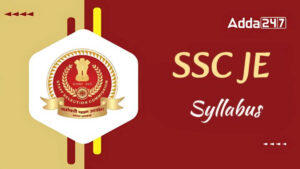 SSC JE Syllabus 2025 for Tier 1 and Tier...
SSC JE Syllabus 2025 for Tier 1 and Tier...
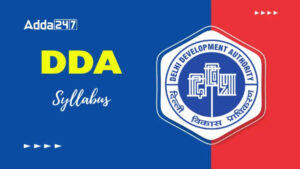 DDA JE Syllabus 2025 and Exam Pattern, D...
DDA JE Syllabus 2025 and Exam Pattern, D...

